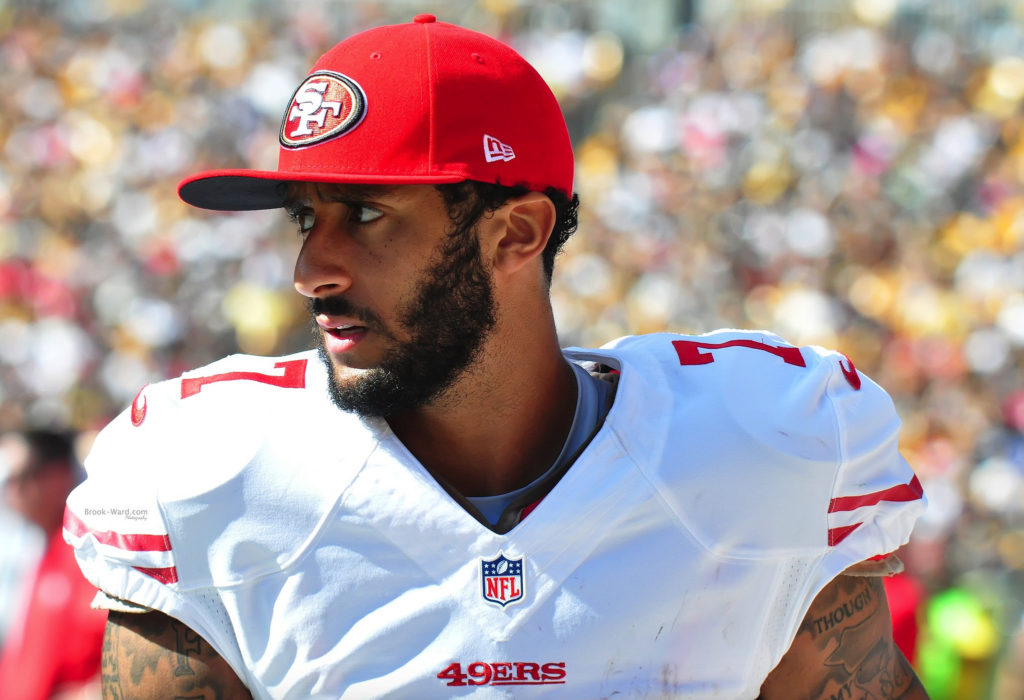
In the Trump-inflamed debate over various NFL players’ silent protest during the national anthem and the Golden State Warriors’ aversion to the customary White House visit, there is an underexplored premise that professional (mostly black) athletes are somehow spoiled, pampered, or privileged in the all-American inequality game. The implication being that their gratefulness and humility should preclude any political dissent. I shared on Facebook a point that the comedian Chris Rock made, questioning the validity of the notion that pro athletes are privileged. “It’s only a privilege to play sports if you suck at sports,” Rock wrote. “It is a privilege to be born a white child in America in 1946 to millionaire parents.”
But soon, a good friend of mine, and one of the most socially privileged people I’ve ever met, commented, “If the chance bequest of amazing genetics constitutes ‘merit’ so be it. But how then do we not include other inherited conditions, such as wealth or belonging to a privileged caste as merited as well?” My initial response was to draw a thick line in the sand between the genetic privilege elite athletes undoubtedly enjoy and unearned wealth and class privilege, but the more the argument progressed, the more difficult it became to defend this stance. Most participants in the conversation rejected the comparison out of hand because of the hard work even the most gifted athletes have to put in to reach the top. But another friend expanded on the minority position, arguing that
The unequal distribution at birth of what [the philosopher John Rawls] calls “primary goods” is exactly right. Basically all primary goods—i.e., qualities that are desirable to every human being since it’s always useful to have them—are unearned, since they’re all determined and distributed before any of us are born. They come in two types: “natural,” such as intelligence, beauty, ideal height, athleticism, etc., and “social” ones, such as inherited wealth, good family that imparts good moral character, the social bases of self-respect, etc. I agree that sports are among the greatest equalizers we have, but when you push a bit, [he] is right: none of us truly “deserve” anything we have or don’t have, since everything we have or don’t have flows from an unequal pre-birth distribution of natural and social primary goods. Hugely problematic realization, it was for me anyway.
This, I had to admit, seemed very hard to dispute, and not just as the argument pertains to professional athletics. My thoughts immediately turned to another good friend who is black, unusually tall, very well built, and strikingly handsome. He played college sports at one Ivy League university and earned an MBA from another before landing a series of high-paying jobs in corporate America. Yet he is one of the most vocal critics of unearned—primarily race-based—privilege that I am personally in contact with. His intense focus on color and caste seem to blind him to the fact that by numerous other measures, he has been dealt a better hand at the poker table of life than the overwhelming majority of white Americans.

